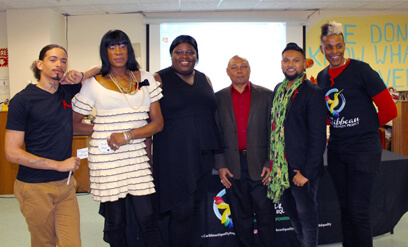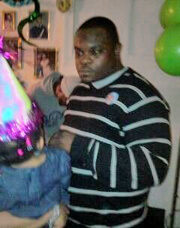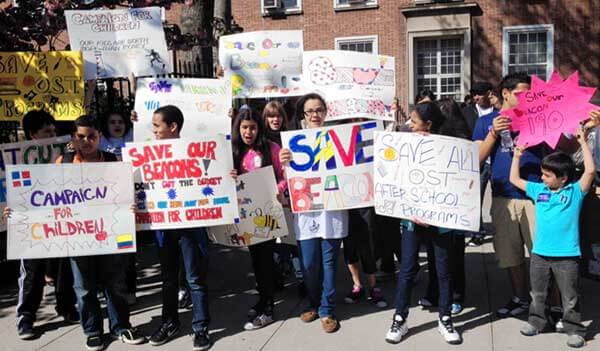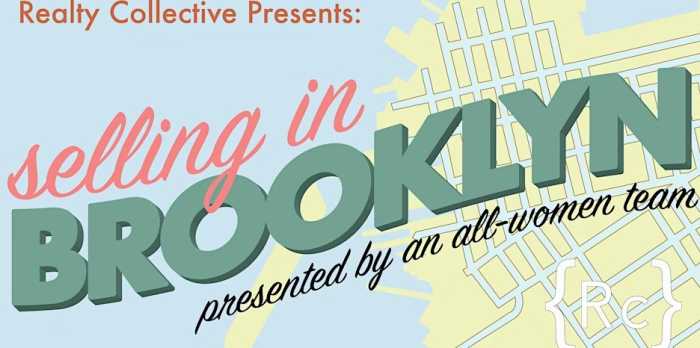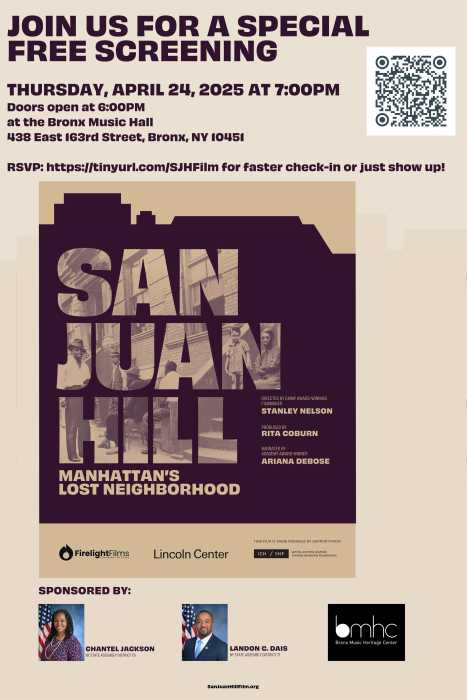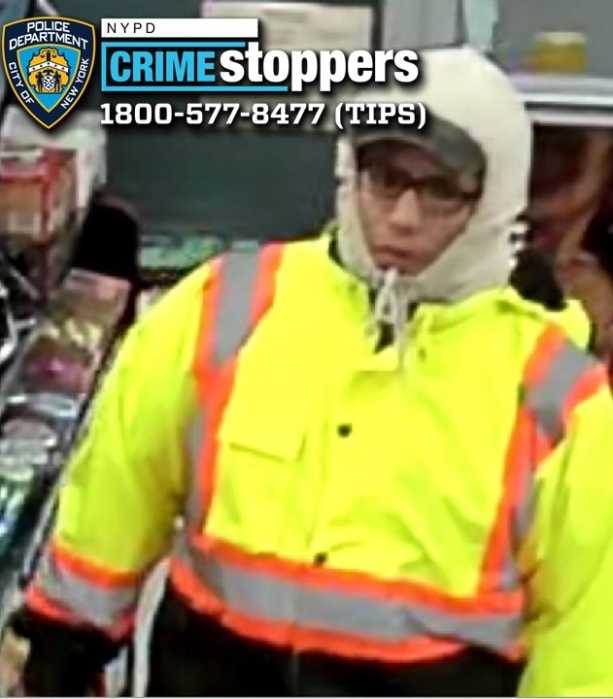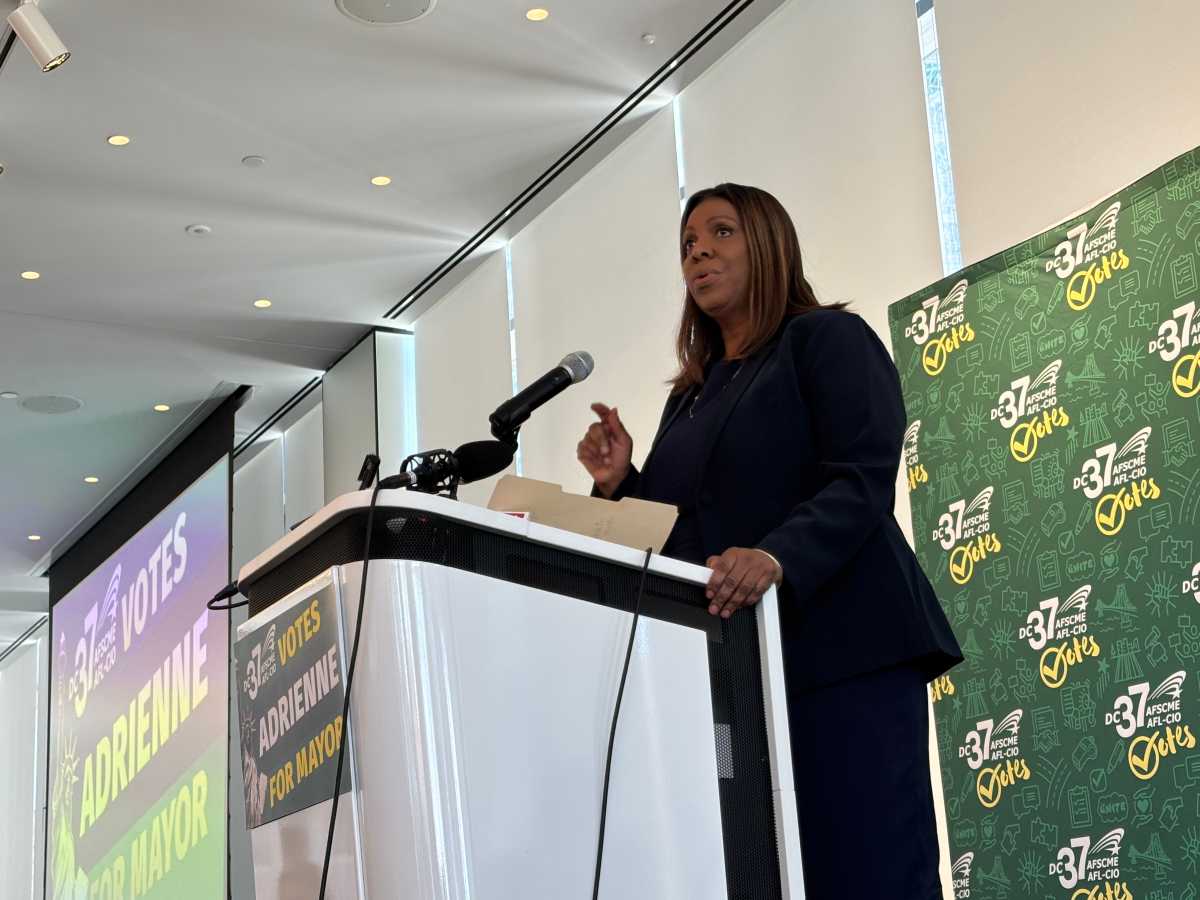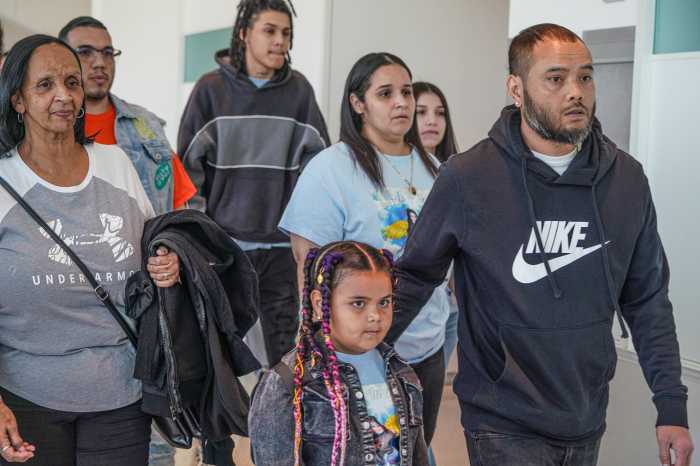“You Are Not Alone” an award-winning documentary that traces the struggles and depression black gay men experience in their communities, and narrated by young black professionals, was screened at a Dec. 1, World Aids Day vigil, and educational presentations at the Queens Community House in Kew Gardens.
The compelling film produced in 2012, by Guyanese-born Antoine B. Craigwell, gave an in-depth look into the circumstances which led to the men’s downward spiral, said Craigwell, president and CEO of Depressed Black Gay Men Inc. (DBGM), adding that the film focuses on the underlying psychosocial and social-psychological factors that would lead to black gay men, contemplating suicide or attempting it.
Craigwell, who will address the upcoming “Ending The Epidemic” summit in Albany to push for reform through the New York State Department and New York City Department of Health, said. “Despite the film’s focus on black gay men, it is relevant to other ethnicities.
“It is extremely applicable across the board, and were it not for statistics, we would not know that disproportionately, black and Latinos are affected by HIV, and the numbers are climbing in these communities,” said Craigwell.
He noted that mental health is one of the factors that contributes significantly to HIV and if this is addressed in communities, then persons would feel much stronger, that he or she could say to their partner, you need to use a condom, or we are not having sex if you are not tested. That person is able to take control and be in possession of him / her self and their partners, but only if their mental health problem is taken care of, said Craigwell.
The film, written and directed by Stanley Bennett Clay, made its début in Queens, thanks to Executive Director of the Caribbean Equality Project, (CEP), Guyanese-born Mohamed Q. Amin. He said it was important to bring the film to Queens, even if it had attracted 10 people to ignite a conversation, “for us to accept folks who are positive. You don’t have to be infected, to be impacted by HIV,” he noted.
Council Member Daniel Dromm, who said he lost many friends to the disease, lauded the organization for taking the lead in Queens and communities of color to show the film that draws attention to the AIDS crisis.
“You are the future, we are in this struggle together to draw attention to the AIDS crisis,” said Dromm, adding that there is great hope, but despite the drop in AIDS cases, the rate of women of color with the disease, has risen by five percent.
Jamaican-born Tina Burke, Intervention Services director, Clergy United for Community Empowerment, spoke of intervention and warned Caribbean parents of their hesitation to educate their children about intimacy and the dangers of AIDS and other communicable diseases.
The event that was co-sponsored by the NYC Commission on Human Rights, Queens Community House, Generation Q, Queens Pride and Queens Center for Gay Seniors, and Out Rockaway, and attended by Board Chair of PFLAG, Judy Sennesh, featured presentations by Chynna Pitlock, Anna Martinez, Director of Project Equal Access, Abbie LeWarn, and a panel discussion titled — “My Lived Experiences Impacted by HIV.”
Panelist included Marcelo Maia, Ceyenne Dorsohow, Hernon Poza, Sasha Washington and William Cruz.
The audience enjoyed a performance by international dancer Zaman before a candlelight vigil remembered those who died. Lindsey Duel, director, Generation Q, gave the closing remarks.




